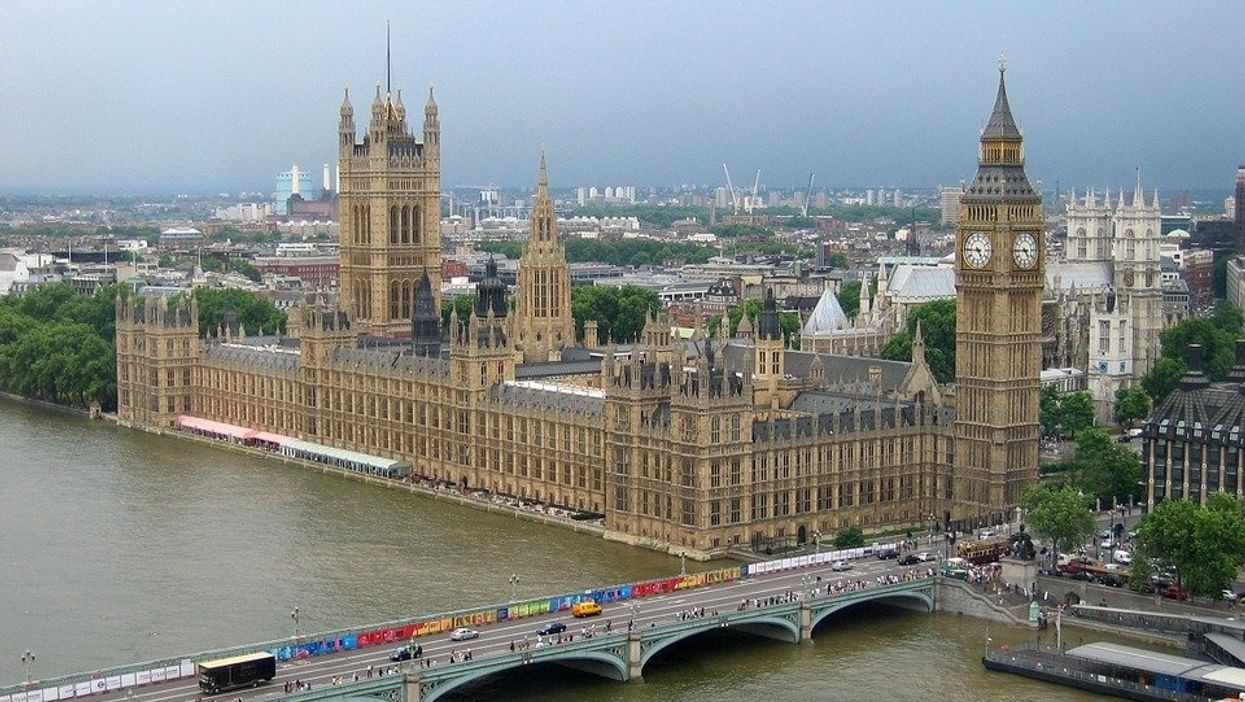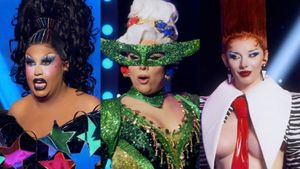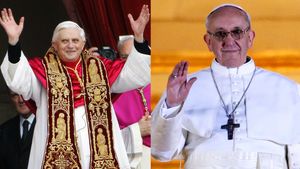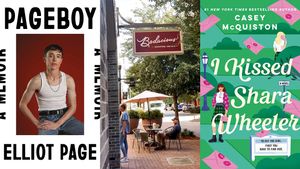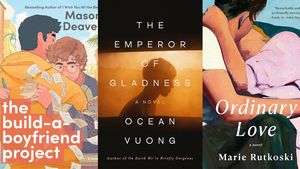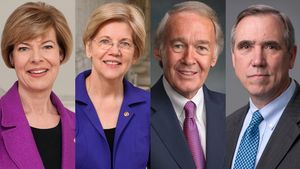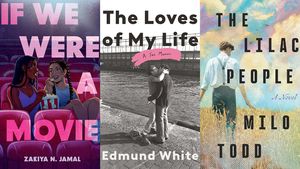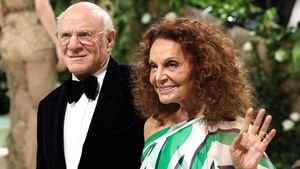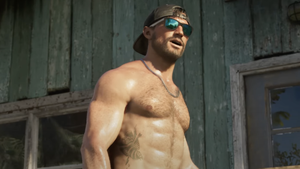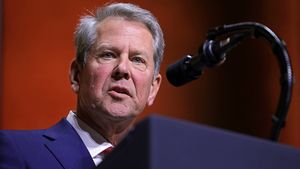Due to the global shutdown of public spaces from the COVID-19 pandemic, British museums, theatres, and cinemas have suffered greatly.
After intense lobbying and rallying from the public against Prime Minister Boris Johnson and the Conservative Party, the U.K. government will give £1.57 billion (equating to around $1.96 billion, nearly $2 billion) in a rescue package towards the arts and culture sector.
When Will The Arts Open Again?
The Rescue Package for the arts and culture sector includes £900 million in grants and £200 million in loans. The exact details of how the money will be given out has not been released, but arts organizations around the nation feel relieved. Kwame Kwei-Armah, artistic director of London's Young Vic theater, said this about the news:
"When we heard last night, we slept for the first time since March. It is a real vindication that we have been listened to and that the government understand that we were dying on our knees and also that we are an important part of our country's recovery."
Even though this relief package will helps many arts venues, the real issue at hand is how they will stay afloat in the future. Theaters and concert venues have not gotten a specific reopening date, and while museums have already started their reopening process, the lack of tourism and strict social distancing rules will still severely impact them financially.
Composer and Broadway legend Andrew Lloyd Webber tweeted in support of reopening the arts. In his tweet, he notes that the rescue package is great and all, but what is necessary to keep the arts alive is to reopen as soon as possible.
Gabriele Finaldi, gallery director at The National Gallery in London, spoke to AP News about what the museum is doing to reopen safely and how it will be a difficult process for the rest of the arts and culture sector to follow suit. He says:
"It will be very interesting to see how the public responds. We're keen that they start coming, but I think the most important thing is that they feel safe, in the first instance. I think then confidence will build up, and then hopefully tourism will return to the city. [...] It's going to be very tough."
We can only hope that the U.K. arts sector can soon return to some semblance of normal and keep this crucial part of the U.K. culture alive.
- Movie Review of the new film Mighty Oak - Advocate Channel ›
- Gov. Cuomo Calls on Chris Rock, Rosie Perez to Promote ... ›
- COVID-19 - Advocate Channel ›
- The Cast Of 'Night At The Museum' Reunite On 'Stars In The House' ›
- City Of London Removes Banksy Artwork From Subway Car ›
